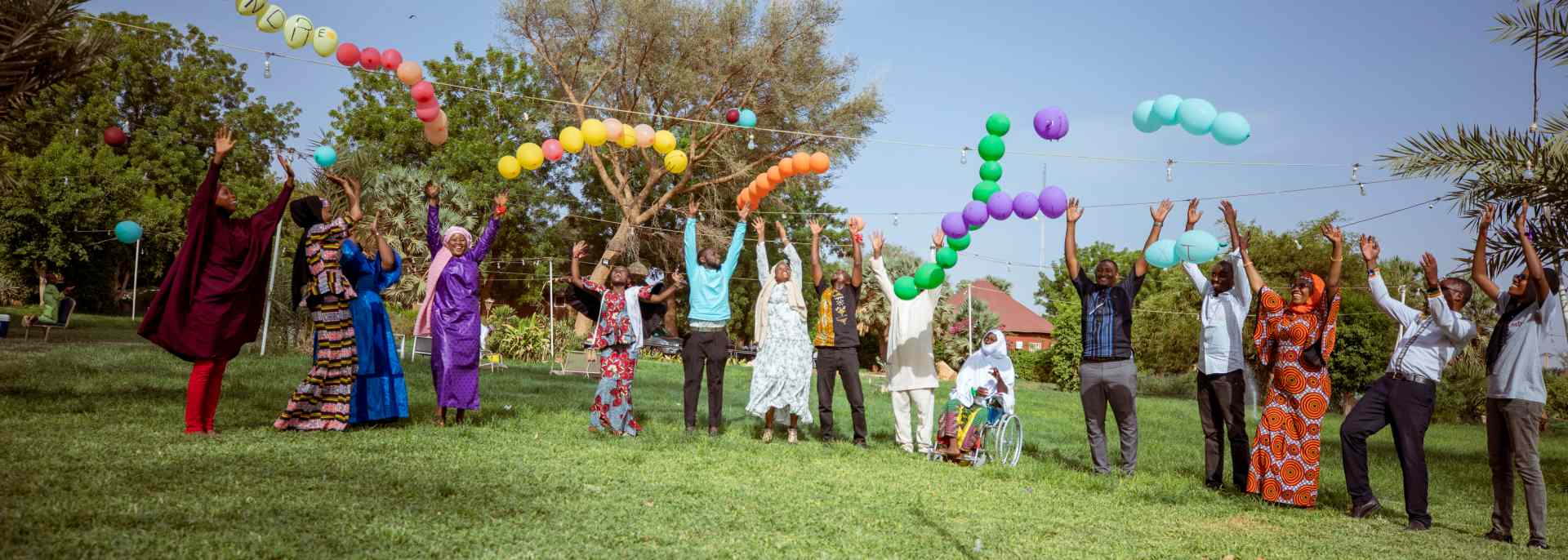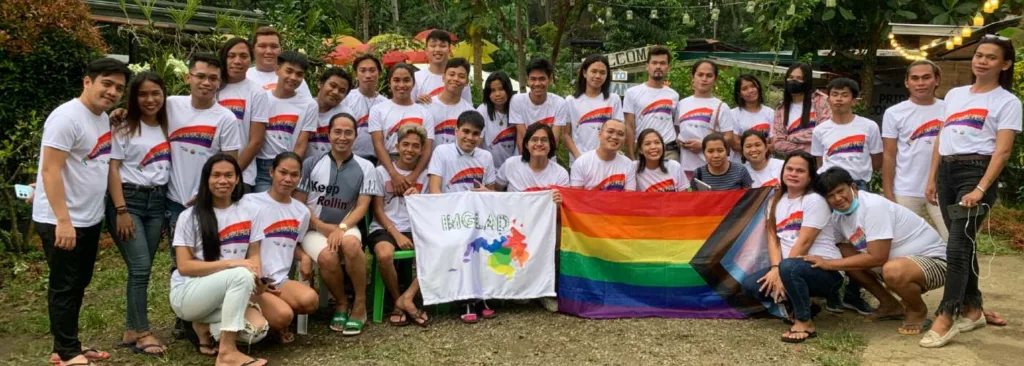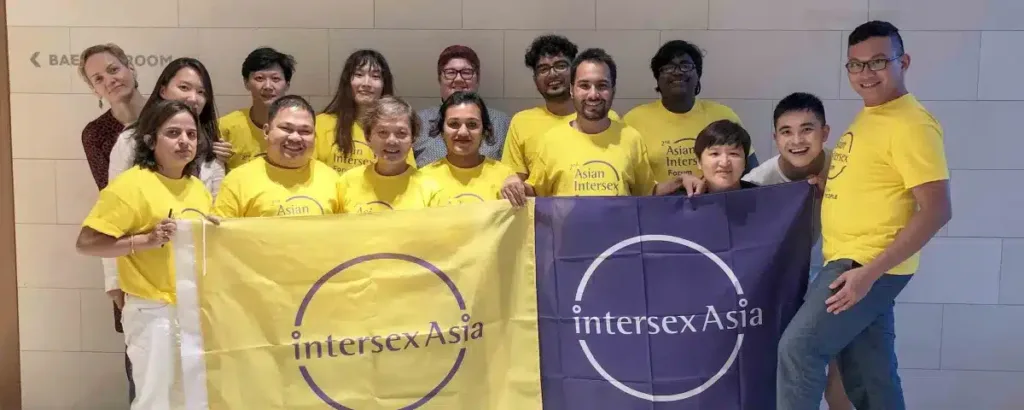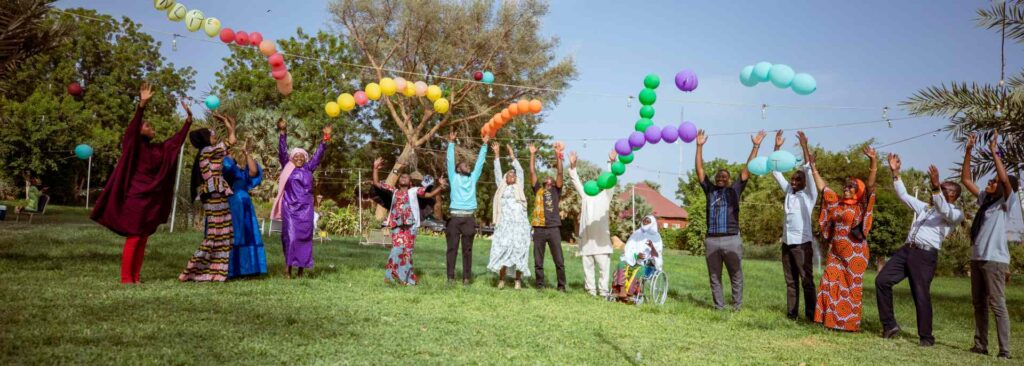Over the last eight years, we have funded no fewer than 745 projects that contributed to inclusive change through our special Voice program. Each and every project was led by courageous individuals or small, ambitious organizations.
Funded by the Dutch Ministry of Foreign Affairs and implemented by Oxfam Novib and Hivos, Voice was launched in 2016 to tackle systemic inequalities. It supported civil society organisations in the fight for equality, dignity and inclusion in 10 countries in Africa and Asia.
Voice joined forces with Indigenous communities, ethnic minorities, LGBTIQ+ people, women, young people, the elderly and people with disabilities. It made sure that they themselves were in charge of efforts to improve their lives and circumstances.
Real change
The program came to a close at the end of 2024. We are proud of the hundreds of projects realized with our support that have contributed to real change. In Tanzania, for example, a Voice project increased the number of special education teachers from 200 nationwide to at least one in every school.
In Kenya, our grantee partners were able to provide health care to 400 LBQ people in rural areas. And in the Philippines, Voice supported a group of more than 100 farmers to reclaim land that was legally theirs—a right that had been denied them by two decades of landowner resistance and government inadequacy.
Distinctive approach
Voice distinguished itself through an innovative approach to funding community organizations and ensuring that resources reach those who need them most. Many marginalized groups struggle to access mainstream development finance. That’s why the program made its grant-making processes as accessible, inclusive, and flexible as possible. For the first time, small organizations were given the opportunity to directly apply for project grants themselves.
The guiding principle of Voice was: “Nothing About Us Without Us!” And we continue to believe that inclusion can only happen when communities have a voice and are the agents of change. This means that beneficiaries should not only receive financial support, but actively participate in the decision-making processes that shape their lives.




